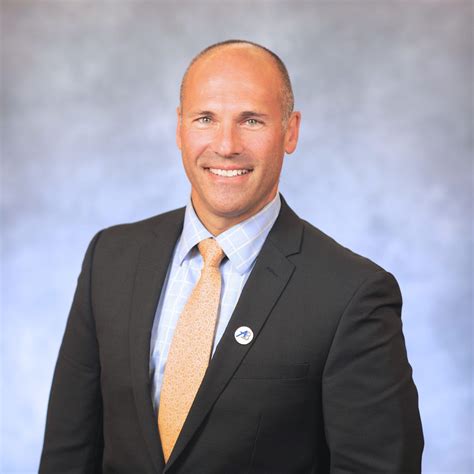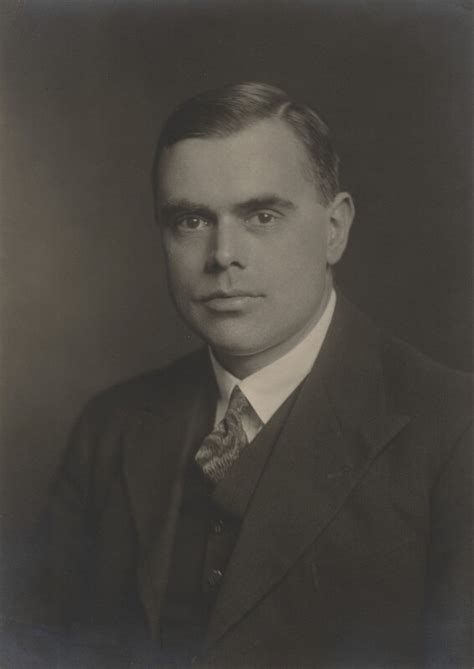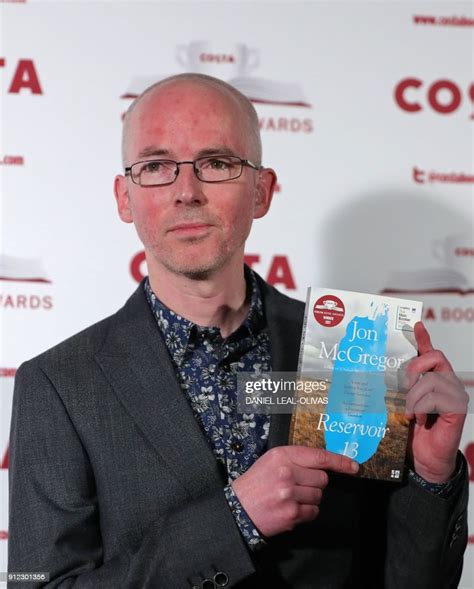A Quote by Paul Theroux
"Connected" is the triumphal cry these days. Connection has made people arrogant, impatient, hasty, and presumptuous... I don't doubt that instant communication has been good for business, even for the publishing business, but it has done nothing for literature, and might even have harmed it. In many ways connection has been disastrous. We have confused information (of which there is too much) with ideas (of which there are too few). I found out much more about the world and myself by being unconnected.
Quote Topics
About
Arrogant
Been
Being
Business
Communication
Confused
Connected
Connection
Cry
Days
Disastrous
Done
Doubt
Even
Few
Found
Good
Hasty
Ideas
Impatient
Information
Instant
Instant Communication
Literature
Made
Many
Might
More
Much
Myself
Nothing
Out
People
Presumptuous
Publishing
These Days
Too
Too Much
Ways
Which
World
Related Quotes
And no, it wasn't shame I now felt, or guilt, but something rarer in my life and stronger than both: remorse. A feeling which is more complicated, curdled, and primeval. Whose chief characteristic is that nothing can be done about it: too much time has passed, too much damage has been done, for amends to be made.
Creating a close connection to those you do business with has its many risks, rewards and consequences.
There are few things in business I have encountered that are more difficult than firing someone, particularly if that someone has always been, or has become a friend.
On the flip side, I have been rewarded with many friends.
Perhaps the most surprising thing about mathematics is that it is so surprising. The rules which we make up at the beginning seem ordinary and inevitable, but it is impossible to foresee their consequences. These have only been found out by long study, extending over many centuries. Much of our knowledge is due to a comparatively few great mathematicians such as Newton, Euler, Gauss, or Riemann; few careers can have been more satisfying than theirs. They have contributed something to human thought even more lasting than great literature, since it is independent of language.
However, there probably is a slight connection between the high-wire, super sensitivity, open to everything and too much, and slightly fragile soul of the artist and the need to self-medicate, which can lead to bad trouble either in drugs, or alcohol. So it's not that there's no connection, it's just that we can't make too much of it because it isn't the addiction that's the issue, it's the fragility of some people who do artistic work, who end up in rehab somewhere or other.
When philosophers talk about reason they often have in mind Having been in the business of philosophy more than half my life, I have learned that reason doesn't change many minds. But there's a more ordinary sense of resonableness, which involves not just logic but a sensitivity to other peoples real concerns, a desire to understand, even when you don't agree. Many people are reasonable in this way.I'm willing to think that the world will be made better by the conversations of reasonable people, even if there are unreasonable people and people who don't want to converse as well.
I've actually found that most of my jobs have been in sci-fi. I realized it because sci-fi has the biggest fan following. Every time I do a play in London all these sci-fi fans come out. They ask me to sign things from all these little projects that I did. I hadn't even made the connection. It doesn't always have a spaceship and guns; sci-fi has been projected on in someway. I did Never Let Me Go, which is sort of Star Trek-y. It's about the future and training humans. It's sci-fi too. It's such a broad umbrella.
There are crimes which no one would commit as an individual which he willingly and bravely commits when acting in the name of his society, because he has been (too easily) convinced that evil is entirely different when it is done 'for the common good.'...one might point to the way in which racial hatreds and even persecution are admitted by people who consider themselves, and perhaps in some sense are, kind, tolerant, civilized and even humane.
On the environment and climate change, I suspect that future generations will think there was too much timidity, too much fear of upsetting business. Basically, New Labour was very nervous about regulating business, or requiring it to do anything, even when there was a very clear social or environmental case for doing so.
I guess...on one hand, I spent way too much time watching science fiction and reading science fiction when I was growing up. But a part of it is I also never felt much of a connection to the world in which I lived while I was growing up, and so, oddly enough, I think I felt a lot more connected to the worlds that I read about in science fiction.
I have always been thinking of the different ways in which Christianity is taught, and whenever I find one way that makes it a wider blessing than any other, I cling to that as the truest--I mean that which takes in the most good of all kinds, and brings in the most people as sharers in it. It is surely better to pardon too much, than to condemn too much.
A scholar's business is to add to what is known. That is all. But it is capable of giving the very greatest satisfaction, because knowledge is good. It does not have to look good or even sound good or even do good. It is good just by being knowledge. And the only thing that makes it knowledge is that it is true. You can't have too much of it and there is no little too little to be worth having. There is truth and falsehood in a comma.
Now social media is a centerpiece of our lives. It can be a useful tool for connection and communication. It can ease the isolation that so many people feel in the modern world. But like anything that is powerful, it can have a bad side. As adults, many of us are able to handle mean words, even lies. Children and teenagers can be fragile. They are hurt when they are made fun of or made to feel less in looks or intelligence. This makes their life hard and can force them to hide and retreat. Our culture has gotten too mean and too rough, especially to children and teenagers.
Books proliferate, and occasionally sell in very large numbers, which claim to have found the rule, or small set of rules, which will guarantee business success. But business is far too complicated, far too difficult an activity to distil into a few simple commands ... It is failure rather than success which is the distinguishing feature of corporate life.






































